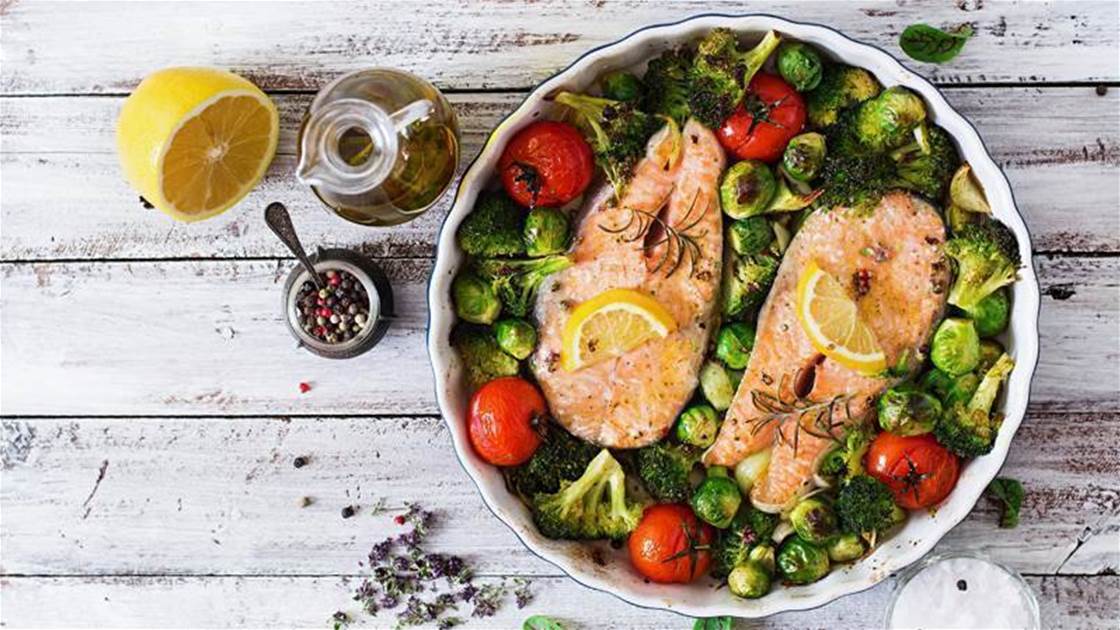That's bad news, since choline is an essential nutrient. While your body is capable of producing tiny amounts of the stuff, you need to get the majority of your choline through food. Thing is, most of us have no idea what it is—or why it matters. Only 10% of health professionals (including registered dieticians) recommend choline to their patients, according to one Nutrition Reviews analysis. Which could have something to do with the fact that the majority of us don't get enough of the stuff.
What exactly does choline do? For starters, it plays an important role in fat metabolism. "Without choline and the reactions it contributes to in the body, fat and cholesterol build up and accumulate in the liver, instead of being transported to the bloodstream," says registered dietician Sarah Pflugradt. That's really important, because as fat and cholesterol build up in the liver, you're at higher risk for developing nonalcoholic fatty liver disease—a condition that's closely linked to metabolic syndrome.
MORE: Nutritionists Reveal What They Pack For Lunch
There's more. "Choline's role is wide-reaching," says Pflugradt. The nutrient appears to play a role in fighting levels of inflammatory markers that are linked to heart diseases, studies show. It also appears to play a role in brain health, boosting cognitive functions like verbal and visual memory and motor speed in older adults. Emerging research even suggests that adequate choline intake could reduce the risk of breast cancer.
And unlike some other Very Important Nutrients (we're looking at you, vitamin D), choline is fairly easy to find—as long as you know where to look. Egg yolks are choline powerhouses, delivering around 35% of the choline you need in a day. (Women should aim for 425 mg choline per day, while men need 550 mg, says the Institute of Medicine.) Other good sources include beef, scallops, salmon, and chicken, along with broccoli, brussels sprouts, and peanut butter.




.jpg&h=90&w=90&c=1&s=1)





